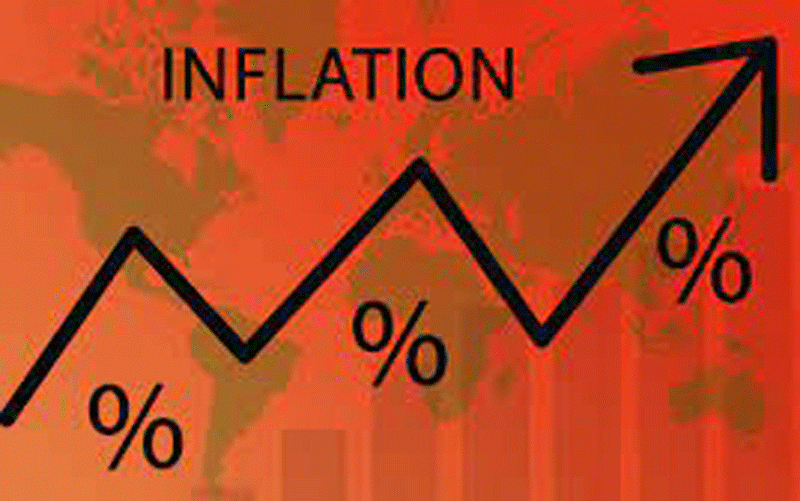
A LEADING advisory says investors targeting the Zimbabwe Stock Exchange (ZSE) must lean towards dividend paying counters to navigate risks posed by high money supply growth.
Money supply — the value of money circulating in an economy — is one of the factors that determine inflation trends.
In the past year, central banks worldwide, including the Reserve Bank of Zimbabwe (RBZ), have kept an eagle eye on money supply growth, as economies fight to forestall dangers arising out of rocketing costs due to a major war in Europe, and pandemic related tailwinds, which are stifling trade flows.
The Harare-based Inter Horizon Securities (IH) said after increasing by 392% last year, Zimbabwe’s money supply growth was likely to continue presenting headaches to policymakers in 2023, as authorities prepare for landmark elections.
During the period June to December 2022, the ZSE traded in negative territory.
But while forecasts for 2023 indicate that markets will rebound this year, IH is concerned that dislocations between the ZSE and fundamentals may continue.
Along with high money supply growth, the Zimbabwean dollar depreciated by wide margins against the greenback during 2022, with annual inflation maintaining triple digit ranges, piling pressure on investments.
IH said it was vital for investors to take strategic positions.
- The fiddler: A vote of confidence
- The fiddler: A vote of confidence
- Stop clinging to decaying state firms
- RBZ blocks Harare US dollar charges
Keep Reading
“The uncertainty around money supply developments in 2023 propels us to lean more towards defensive stocks that have strong dividend policies in case capital gains remain subdued,” IH said, as it gave insights into policymakers’ currency policy regime.
“Based on counters under IH universe, median dividend yield currently stands at 2,6%. Presenting higher dividend yields is Axia (7,5%), Delta (5,4%) and National Foods (4,0%),” the report added.
All the counters have manufacturing components in their operations.
Last week, a leading economist predicted a tough year ahead for the economy, noting that inflation would rise again after slowing down for almost half a year.
The domestic unit’s battering on the black market has intensified since January, when it was trading at about US$1:ZW$900, to current levels of about US$1:ZW$1 200.
Gift Mugano, executive director at Africa Economic Development Strategies, said the currency would continue to fall during the first half of this year.
“The exchange rate will be US$1:ZW$1 500 by June. By June inflation will be approaching 400%. We are not winning,” he told a meeting of chief executive officers.
Annual inflation was estimated at 243% last month.
Some analysts have predicted that the inflation rate may continue rising if authorities turn to the printing press for funding towards election related costs, as well as bankrolling a huge infrastructure rehabilitation programme currently underway.











